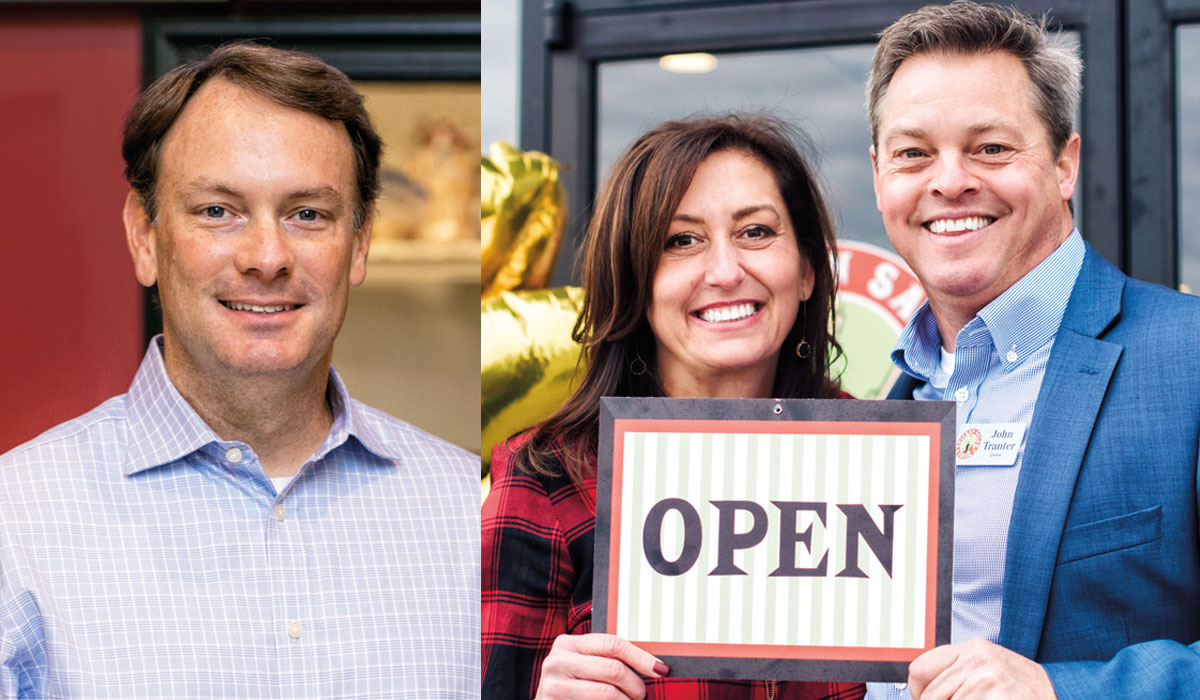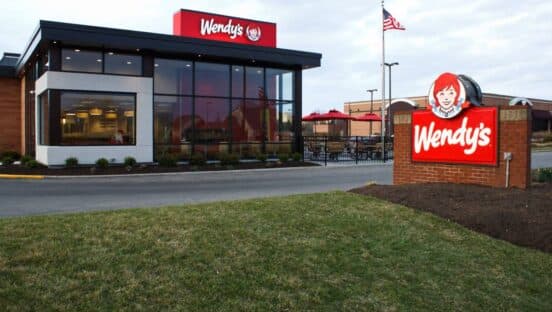It’s a big deal when any company decides to franchise, but for Soulman’s Bar-B-Que of Dallas, the stakes were especially high. The restaurant specializing in traditional slow-smoked meats has been a Dallas favorite for more than 40 years. By franchising, it put its success and storied reputation on the line. Not only did franchisees have decades of quality to live up to, but Texas barbecue is a tricky dish to master.
“It’s in the soul of every Texan,” says CEO Brett Randle. “People joke that infants in Texas have brisket in their baby food.” It was hard for the Soulman’s team to believe they could trust anyone else to do it right.
But Randle decided the growth opportunities that come with franchising were too good to pass up. Since beginning franchising in 2017, Soulman’s has brought on two franchisees and is looking for more. By the end of 2019, it plans to have 13 franchises, as well as more than 20 company-owned stores.
CoreLife Eatery didn’t have to soul-search; franchising was in its DNA. The fitness- and healthy lifestyle–oriented brand was founded in Syracuse, New York, in 2015 by a small team of experienced franchise experts who wanted to take the lessons they’d learned and make a better, more effective system that would bring healthy food nationwide. As a young brand, CoreLife Eatery had to balance introducing a healthy fast casual to new markets with being in a position to support franchisees and make them successful. Through training and investment, it’s been able to do it. Today, the company has 50 outposts around the country, and the number keeps growing.
Despite their differences, Soulman’s and CoreLife Eatery took similar routes on the road to franchising. Any brand beginning the process should do a few key things, including creating a franchising plan, developing training materials and replicable systems, and finding good franchisees and supporting them through the process of opening their restaurants and beyond.
“They’re things sometimes much larger companies don’t have, but [the founders] knew what it was going to take to support the franchisees,” says CoreLife Eatery’s senior vice president of franchise development, Steve Corp.
CoreLife Eatery’s plan called for rapid, concentric expansion to take advantage of growing name recognition. To do so effectively, the founders invested substantially in market and real estate research and infrastructure, including personnel and online tools and materials.
Chicken Salad Chick CEO Scott Deviney can’t understate the importance of having a sound growth plan—and sticking to it. The Auburn, Alabama–based concept opened its first store in 2008 and began franchising four years later. Chicken Salad Chick generated interest quickly. Auburn is a college town, and visiting parents would inquire about bringing the fast casual home via franchise.
Later, potential franchisees approached Deviney with big checks wanting to buy huge territories. But he stuck with the original plan for slower, smaller growth in areas where the brand already had some name recognition to capitalize on. “You can take big checks if it’s important to the company,” he says. “That’s fine. But you need to stay true to what you want to do.”
Chicken Salad Chick franchise agreements are for no more than 10 stores. Growth beyond that has to be organic, Deviney adds, because the risk of large agreements not coming through is too high. The company has built a foundation that prioritizes franchise support—and it’s paid off. Chicken Salad Chick has more than 100 stores and plans to open at least 40 in 2019.
As a long-established brand, Soulman’s made some key investments before beginning the franchise process, such as hiring a franchising executive. The company opted to grow at a slower pace to maintain quality. “Barbecue isn’t something you can teach somebody overnight,” Randle says.
Both company-owned and franchised Soulman’s stores must have a corporate-certified manager on-site during all shifts. The certification program takes eight weeks. Even so, the vice president of franchising visits operators frequently to ensure the business is running smoothly. All franchises are within a 100-mile radius of Dallas, thus facilitating these visits and other support.
Whether franchises are near or far, the relationship with franchisees is long-term and of utmost importance.
“Franchisees need to live the brand,” Corp says. “They need to be confident and comfortable with you, and you need to be confident and comfortable with them.”
Determining culture fit is an art and a science, Deviney says. Most brands conduct extensive interviews, usually both in the proposed market and at headquarters during a discovery or hospitality day. Prospective franchisees spend time with marketing, operations, design, real estate, and other departments. At Chicken Salad Chick, these teams, rather than sales, have the power to decide if a candidate is approved since they will be the ones working with the franchisee in a relationship that Deviney likens to a marriage.
To attract the right partners, brands should be honest about where they are in their growth cycle and the opportunities and challenges that entails. Soulman’s long history means franchisees in Dallas have high standards to meet and a reputation to uphold. On the other hand, CoreLife Eatery operators might be opening the first healthy fast casual in a particular market. In these cases, it’s the franchisee’s responsibility to make a splash.
Young concepts and more established brands all have their unique challenges, Corp says. “There will be different issues with a brand with 50 stores in its growth cycle than a brand with 1,000.”










